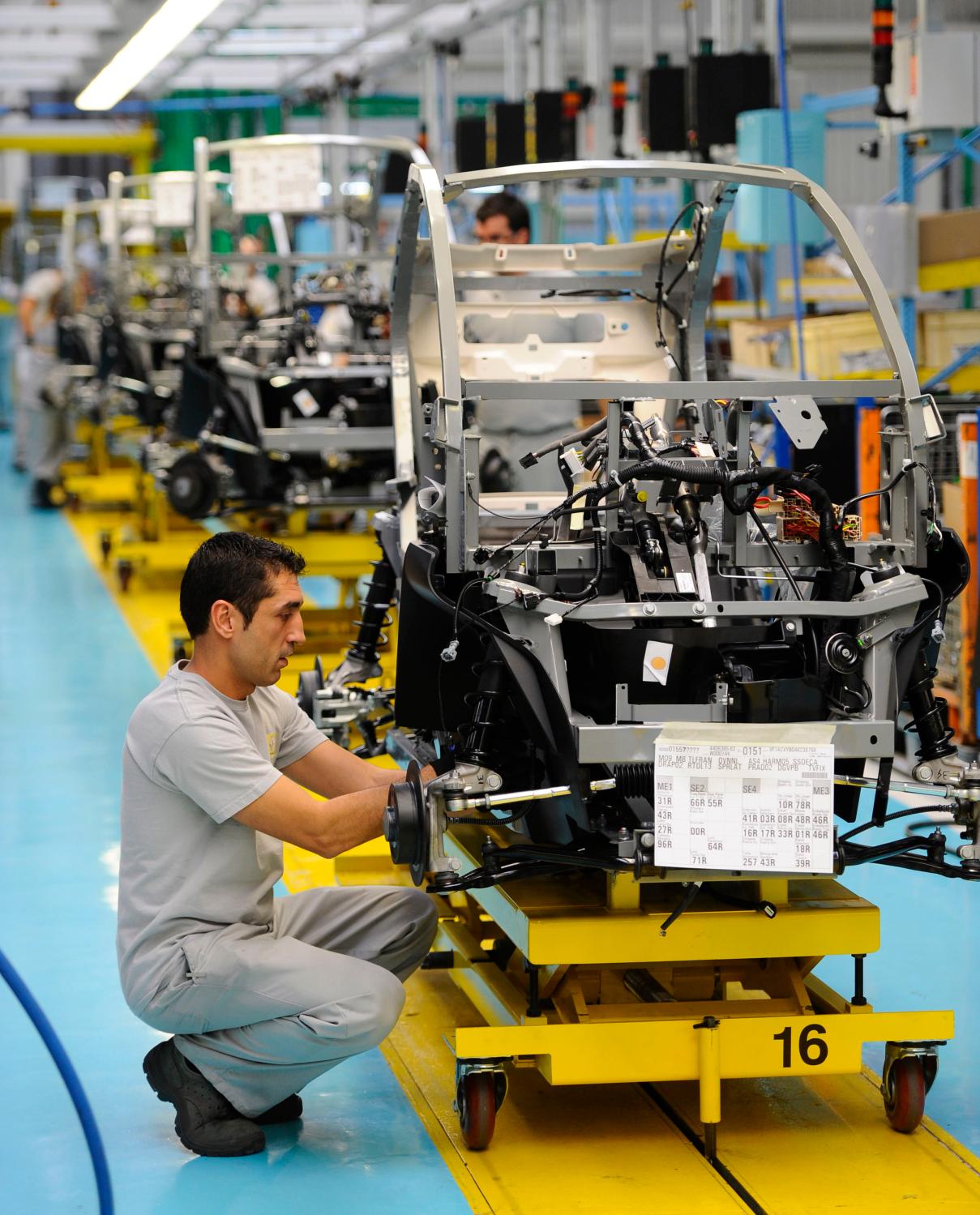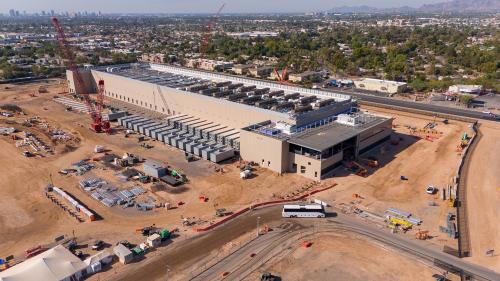Waves of digital technology are remaking America’s advanced industries—those industries like auto, aerospace, and medical device manufacturing that depend on high levels of R&D investment and sizable STEM-knowledgeable workforces. A sign of the times: More software application developer job openings were posted in Michigan in the last five years than mechanical engineering jobs, according to Brookings analysis of data from Burning Glass Technologies.
Software is in fact eating the world.
Which is why the Metro Program is in Flint, Mich., today to convene its third advanced industry regional workshop focused on how regions and industries can strengthen their critical advanced industry sector and build an advanced economy that works for all. Today’s topic: How can the nation’s disparate, varied talent ecosystems keep up with and deliver the rapidly changing, often digital skillsets that advanced sector employers seem desperate to locate?
Going forward, the advanced sector’s continued competitiveness and potential expansion is going to depend on its ability to recruit workers who possess at least some postsecondary training in one or more STEM fields, especially a digital one. However, it has become clear that America’s state and metropolitan training systems are not prepared to meet the rising demand for digitally conversant STEM workers. Too few students and workers are proceeding along the various conventional pathways into STEM or digital careers. Meanwhile, companies increasingly complain that the employment candidates they do see often lack practical hands-on experience with relevant digital and other technologies.
And so we are at Kettering University in Flint today to assess the latest technology trends in Michigan’s increasingly high-tech auto and “New Mobility” ecosystem, hear what industry sees and wants, and examine a number of outside-the-box education and training responses.
Hopefully the session will provide a welcome reminder of the fact that Flint is in fact a center of figuring these issues out, given Kettering’s leadership on industry relevant engineering education and Mott Community College’s knack for practical job training.
On the industry side, we will hear from Raj Nair, the chief technical officer of Ford; David Milbourne, vice president for talent management at Alcoa; and Helmuth Ludwig, the chief digital officer of Siemens PLC Software on how radical technology change is altering their firms’ talent needs. On the training side, we will take a look through remarks from Kettering President Robert McMahan and participate in a student-led tour at the university’s respected model of experiential engineering education, within which students alternate between academic terms of classes and terms of professional employment at top advanced industry corporations. In addition, we will explore how Lorain County Community College in Ohio has inserted itself into its region’s start-up scene; how Toyota has managed to build a rigorous and scalable apprenticeship system now being employed by dozens of firms in Kentucky; how TechShop Detroit’s makerspace is connecting hobbyist tinkering to industry; and how the private company Amatrol is making e-learning a viable tool for skills-based, interactive technical training.
In any event, preparing individuals for careers in rapidly changing advanced industries is going to require radically different approaches to education and skills training, whether it be new approaches to competency based certificate programs, short-term “bootcamps,” or entirely new online solutions. Firms, state and local governments, and both public and private training providers need to better understand these models and explore how to incorporate them into their talent development plans. That’s what we will be talking about today. Look here soon for some takeaways from the discussion.
The Alcoa Foundation is a donor to the Brookings Institution. The findings, interpretations, and conclusions posted in this piece are solely those of the authors and not determined by any donation.
The Brookings Institution is committed to quality, independence, and impact.
We are supported by a diverse array of funders. In line with our values and policies, each Brookings publication represents the sole views of its author(s).



Commentary
Hacking the advanced industries skills system
May 10, 2016